Economists expect the August US CPI to show stubbornly high inflation, influenced by tariffs. This article analyzes the forecasts and their impact on the Federal Reserve's decisions.
This article provides a comprehensive analysis of the European Central Bank's interest rate outlook, considering the views of various major banks and financial institutions. It focuses on factors that may influence the ECB's decisions, such as inflation and economic growth.
The Trump administration faces significant challenges in Gaza and Ukraine as an Israeli strike in Doha and a Russian drone in Polish airspace undermine Trump's influence and create uncertainty.
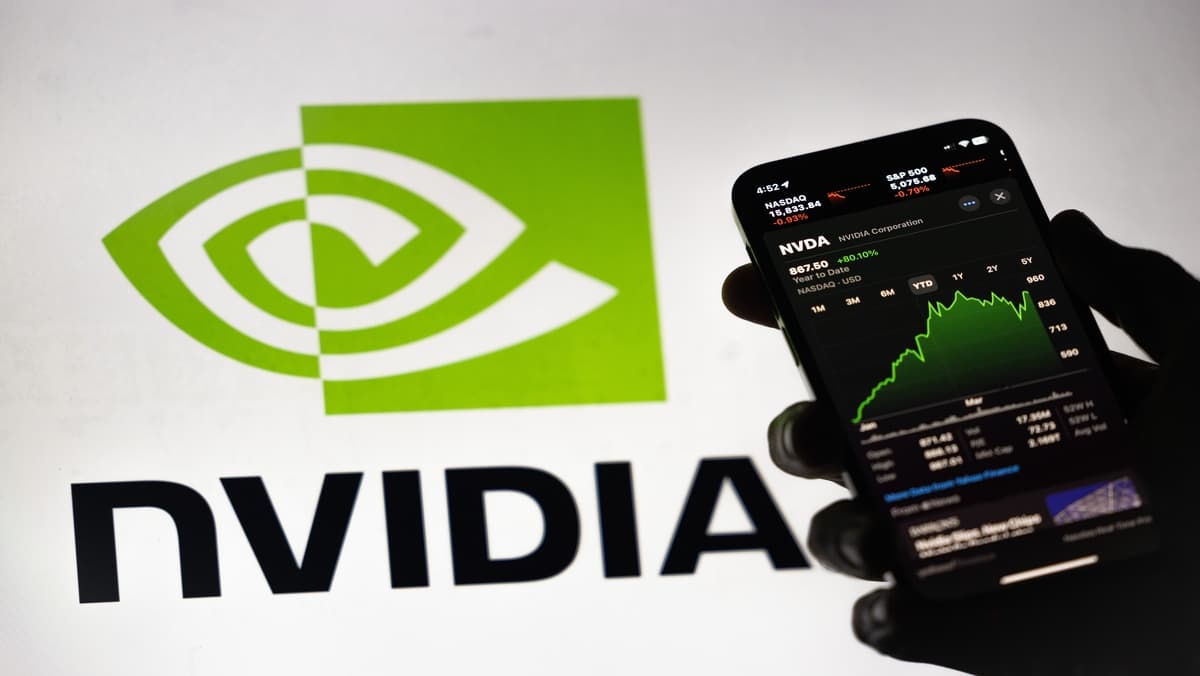
Nvidia Stock Jumps 4%: Nvidia Corporation (NVDA) has become one of the most talked-about stocks in recent years, particularly as the demand for advanced computing solutions continues to surge.

SMCI Stock Is Trading 2.3% Higher: Super Micro Computer, Inc. (SMCI) has been making headlines in the stock market with its recent upward movement.
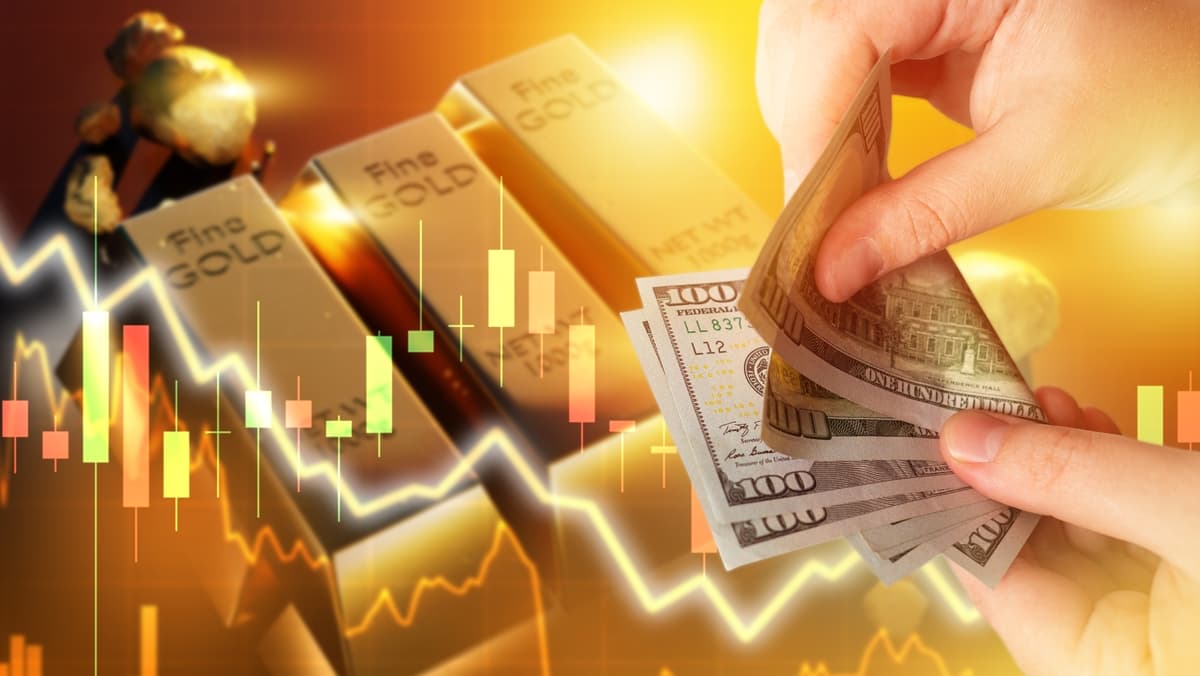
Gold Price Prediction: As a traditional store of value, gold has long been a favored asset among investors, particularly during times of economic uncertainty.
The prospect of the Federal Reserve cutting interest rates while inflation remains above target raises questions about the feasibility of the 2% inflation target and its potential consequences for markets and the economy.
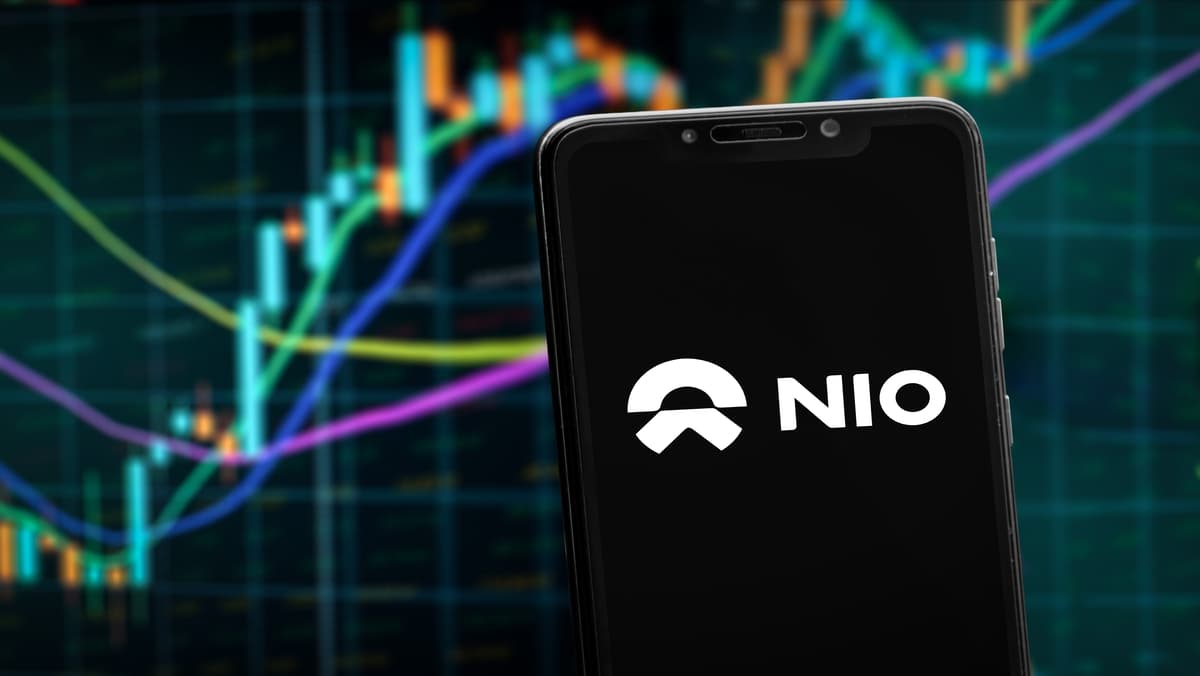
EV Stock Analysis: NIO Inc. (NYSE: NIO), one of the prominent electric vehicle (EV) manufacturers in China, has experienced significant volatility in its stock price.

Crypto Market Today: The cryptocurrency market is constantly evolving, with new developments and trends emerging daily.

KLAR Stock Rises 14.55% Today: Klarna Group PLC, a leading player in the financial technology sector, has recently seen a notable increase in its stock price, rising by 14.55% in a single day.
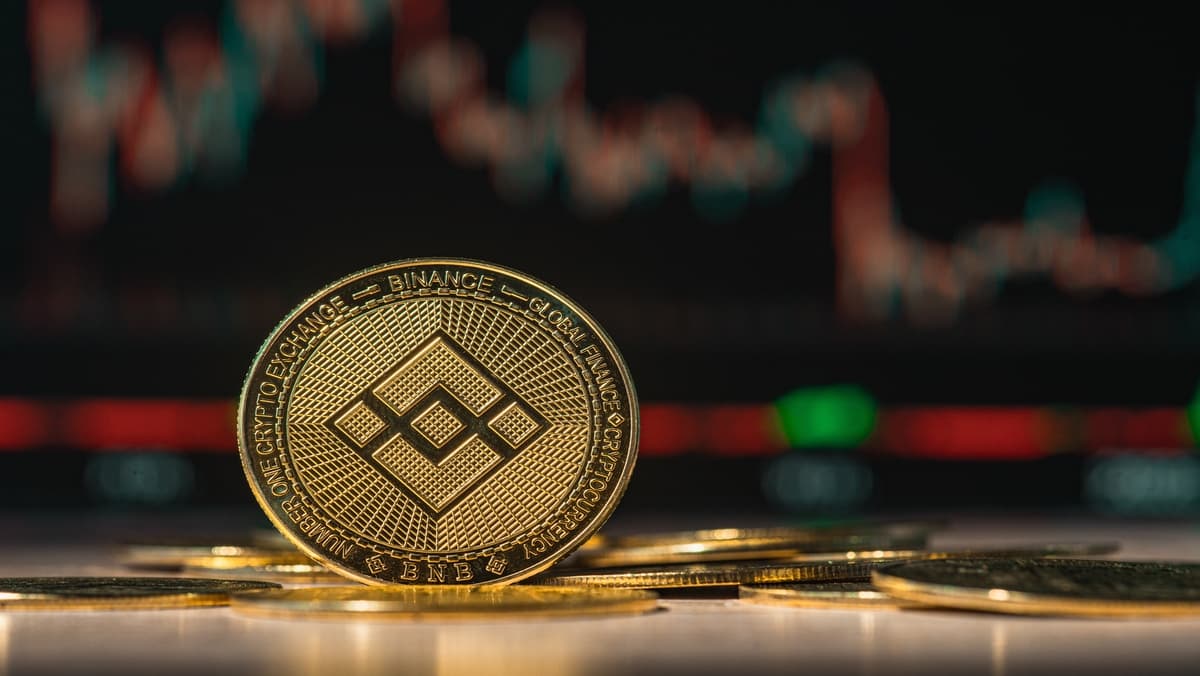
Crypto Price Predictions: The cryptocurrency market is known for its volatility and rapid changes, making price predictions a challenging yet intriguing endeavor.
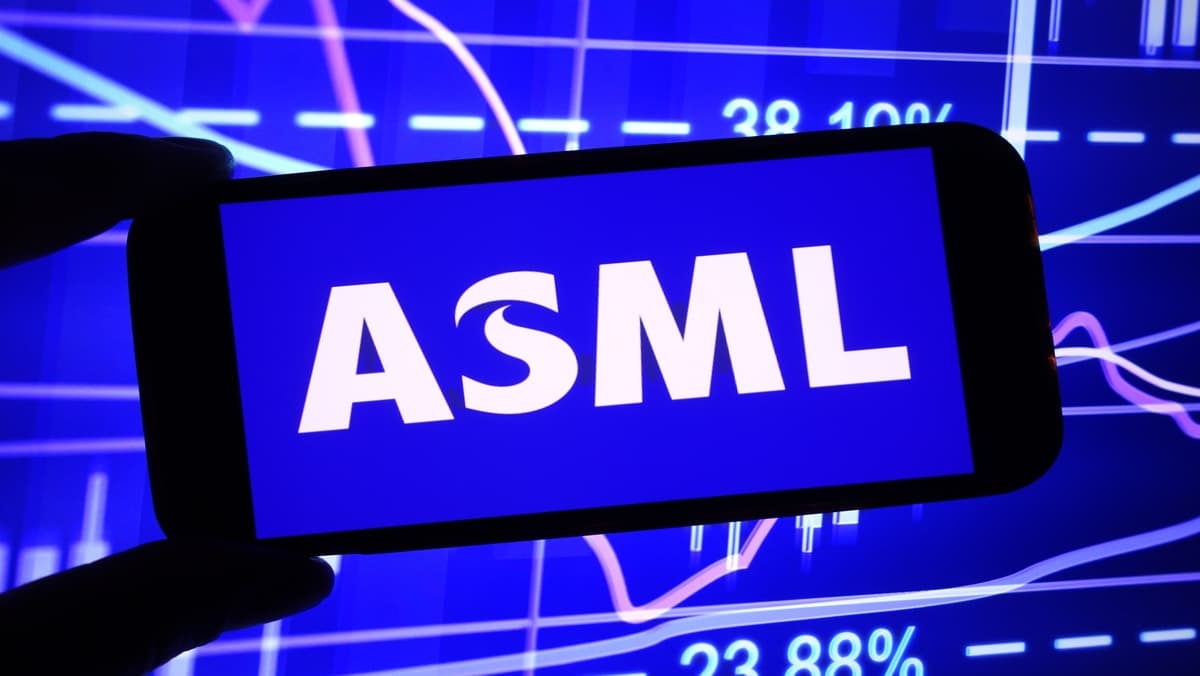
Trending Stock Predictions: in the ever-evolving landscape of the stock market, certain stocks capture attention due to their performance, industry developments, and broader economic factors.
Ray Dalio suggests gold can be a hedge against mounting debt risks. He recommends allocating 10-15% of investment portfolios to gold.
Switzerland is exploring ways to reduce US tariffs by boosting gold processing capabilities within the United States, potentially through the construction of a refinery or increased investment.
The incursion of Russian drones into Polish airspace raises significant tensions and poses new challenges for NATO and the EU. This article explores the international reactions and potential implications for European security.

Commodity CFD Trading for Beginners: Commodity trading offers a dynamic way to engage with financial markets, and CFDs provide a flexible method for speculating on price movements.
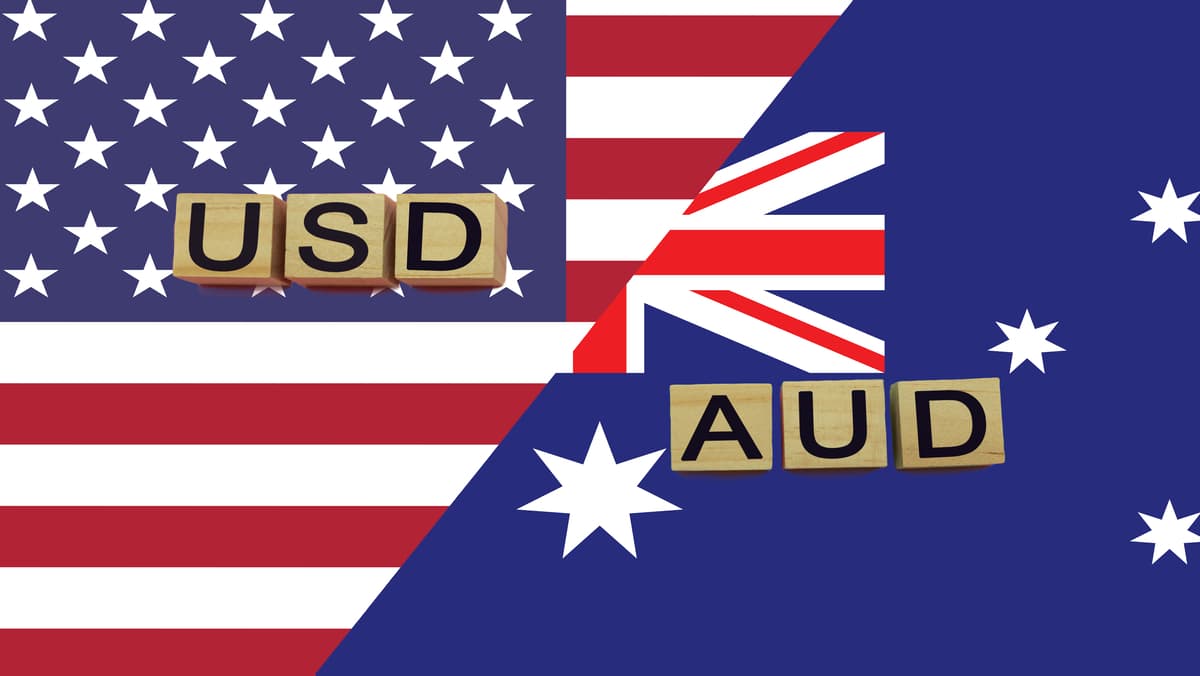
Forex Market Today: The foreign exchange market is known for its volatility and rapid changes, making it a dynamic environment for traders.

Oracle Stock Is Rising: Oracle Corporation, a leader in cloud computing and enterprise software, has recently seen a rise in its stock price.